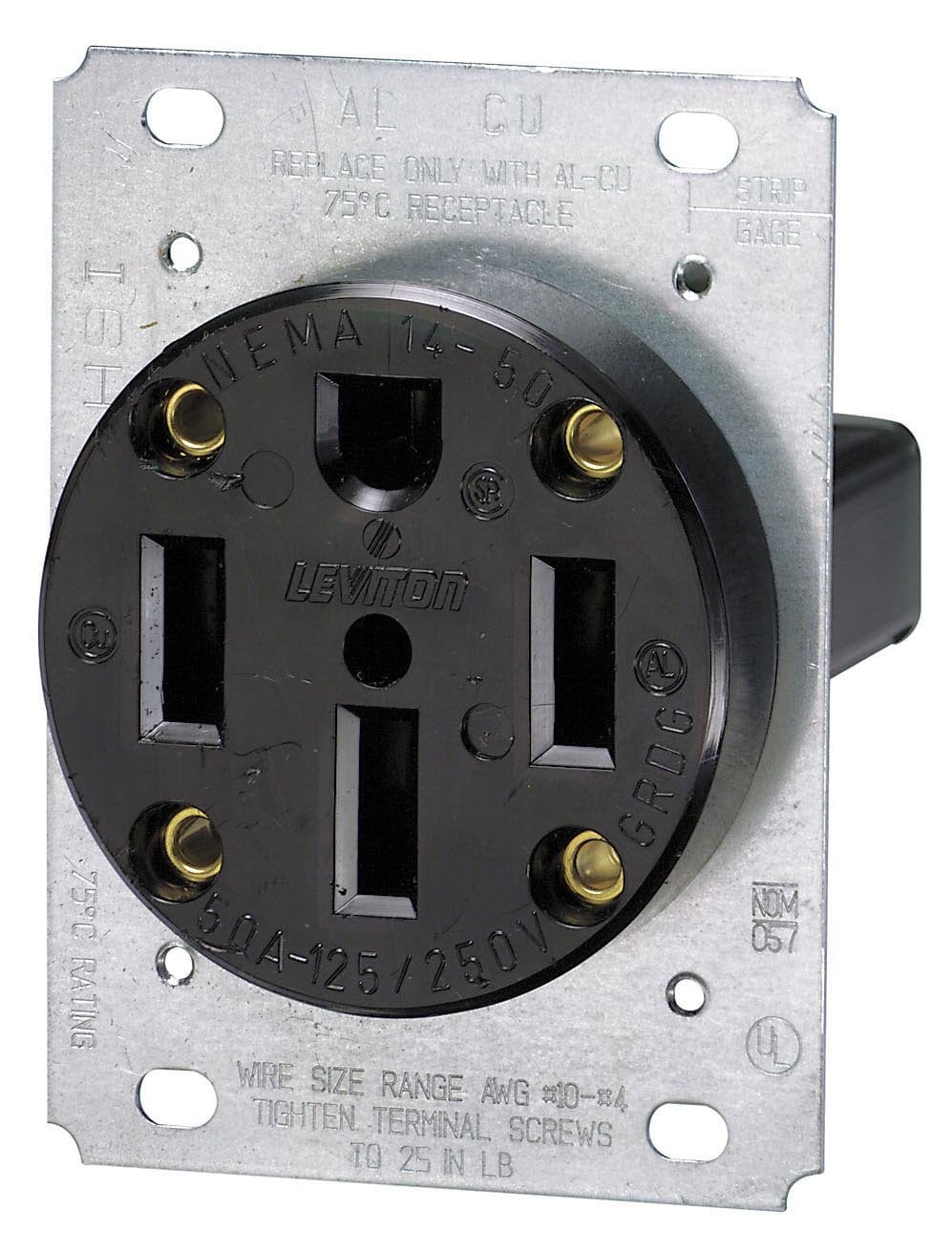Hi,
I am new to RAV4s (current Prius owner).... But have a reservation on a Prime XSE, with no Premium Package. I've been told they are longer to come by.
So I am wondering about the ability to upgrade the charging port to 240V. Can it be done and if so, suggestions as to how, where much appreciated.
Also regarding charging, can an extension cord be added to supplied charging cord?
Thanks!
Sid
I am new to RAV4s (current Prius owner).... But have a reservation on a Prime XSE, with no Premium Package. I've been told they are longer to come by.
So I am wondering about the ability to upgrade the charging port to 240V. Can it be done and if so, suggestions as to how, where much appreciated.
Also regarding charging, can an extension cord be added to supplied charging cord?
Thanks!
Sid






